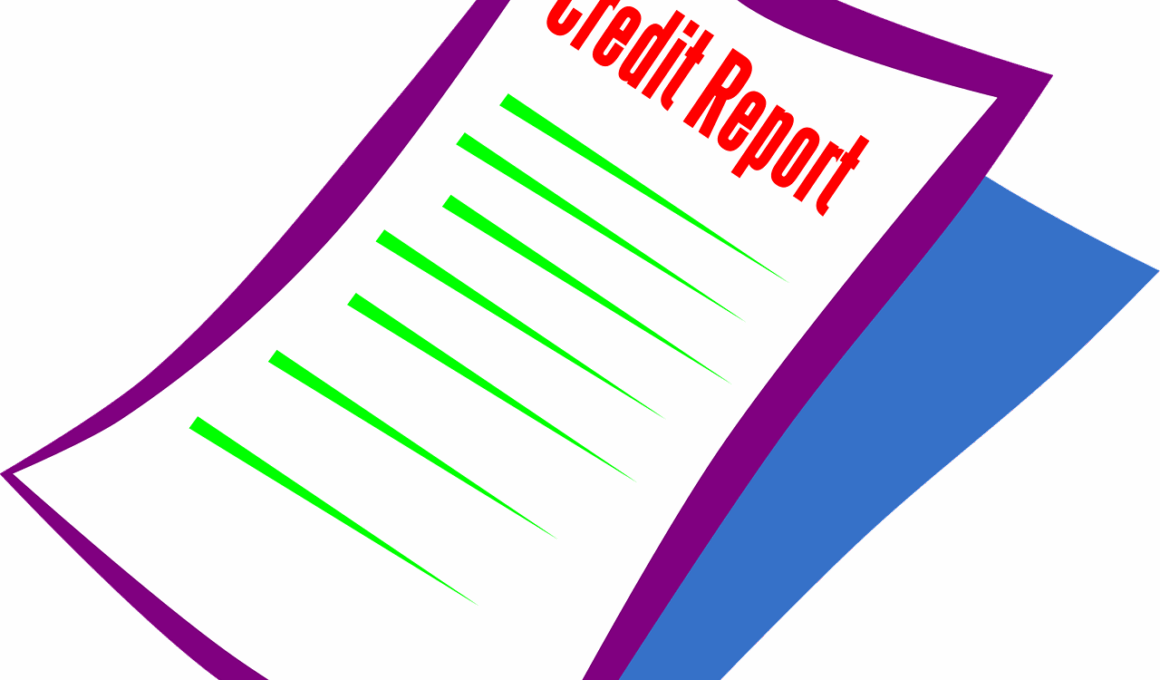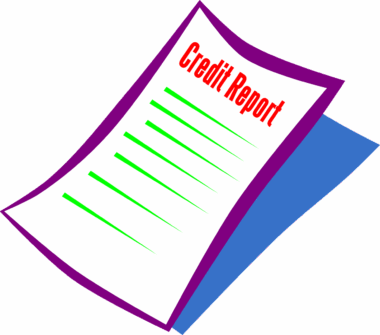Top Tips to Improve Your Credit Score Quickly
Your credit score is essential for obtaining personal loans, impacting not just your loan eligibility but also the interest rates lenders offer. A higher credit score can significantly save you money over time. To improve it swiftly, start by checking your credit report. You can obtain a free copy at AnnualCreditReport.com. Analyze it for any errors, as inaccuracies can lower your score. Dispute inaccurate entries with the credit bureau directly, and they typically resolve disputes within 30 days. Pay down existing debts strategically; start with accounts that are in collections. Make consistent on-time payments, as payment history constitutes a huge portion of your credit score. Additionally, aim to keep your credit utilization ratio below 30%. This means using less than 30% of your total credit limit. You might also consider setting up automatic payments to ensure smooth transactions. Lastly, avoid opening new credit accounts within a short timeframe, as multiple inquiries can negatively impact your score. Build a positive credit history through a secured credit card for maintaining a good balance.
Another crucial factor in improving your credit score involves managing existing debts wisely. Aim to pay more than the minimum amount due on credit cards, as this reduces your outstanding balance faster and shows lenders that you are responsible with credit. Gradually increasing your credit limit on existing credit cards can also help, provided you do not increase your spending significantly. This lowers your credit utilization ratio and reflects positively on your credit profile. If you have installment loans, keep your payment schedules consistent and on time. Establishing a good payment history on different types of credit—like a car loan or student loan—can enhance your credit mix. It is important to keep old accounts open, even if you do not use them often, because the age of your credit accounts matters. Consider a credit-builder loan if you are starting fresh or recovering from setbacks; this small loan can help establish a positive credit history with timely payments. Regularly monitor your credit score for improvements and patterns, as tools like credit monitoring apps provide valuable insights and alerts about significant changes in your score.
Understanding Credit Utilization
Credit utilization is a key component of your credit score, making up about 30% of its calculation. To optimize your credit score effectively, ensure that you are maintaining a low credit utilization ratio. This means only utilizing a small portion of your total credit limit at any given time. For example, if your total credit limit is $10,000, aim to keep your outstanding debt below $3,000. If you find yourself near or exceeding this threshold, consider paying off balances more aggressively or making multiple payments within the month. Multiple payments can help you report a lower balance to the credit bureaus more frequently, positively impacting your score. Additionally, you could request an increase in your credit limit, as this can also lower your utilization ratio without altering your spending habits. Just remember, increasing your limit does not equal increasing your spending! Smart management of your credit utilization is vital for maximizing your score and securing favorable terms on loans and credit. Develop a habit of checking your credit reports regularly; this proactive approach ensures timely identification and resolution of issues.
A pertinent tip for quick improvement in your credit score includes diversifying your credit profile. Credit scoring models favor consumers who exhibit responsibility across various types of credit. If you only have revolving credit, like credit cards, consider adding an installment loan, such as a personal loan or auto loan. This not only showcases your ability to manage different credit types but may improve your credit score as well. When taking a loan, make sure to compare different lenders to find the best interest rates. Always consider loans from banks, credit unions, or online lenders to ensure you get affordable rates. Refinancing existing loans may come in handy too, especially if you secure a lower interest rate. However, remember that each new hard inquiry can temporarily impact your score; hence, limit the lender comparisons to a short period. Additionally, consistently making payments on time is the most significant step you can take; each missed payment can lead to a severe score drop. Bring attention to your payment habits, and consider using calendar reminders or mobile notifications to help you stay on track.
Replacing Old Credit Cards
If you have older credit cards that are no longer used or have high fees, strategizing their replacement can be beneficial. When seeking a new card, look for no-fee or lower-fee options that also offer rewards tailored to your spending habits. Secured cards can be an excellent option for establishing or rebuilding credit, as they require a cash deposit as collateral. By regularly paying them off, you can gradually enhance your credit score. Additionally, evaluate credit cards that provide cashback, points, or travel rewards aligned with how you typically spend. While replacing cards, ensure to also keep lines of credit open where possible. Closing old accounts may hurt your score since longer accounts contribute positively to your payment history. Instead of outright closure, switch to using the card for small, manageable purchases, and pay it off completely each month to maintain activity without accruing debt. Each account’s longevity and a consistent payment profile work in your favor when presenting your credit report to potential creditors.
In addition to actively managing your debt and credit utilization, understanding how inquiries affect your credit score is critical. When you apply for new credit, lenders perform hard inquiries, which can knock a few points off your score. This effect typically diminishes over time but can create challenges if you’re applying for multiple credit products within a short timeframe. To minimize damages, limit new applications and aim for a single inquiry. Soft inquiries, such as checking your own credit score or pre-approval offers, do not damage your score, so make sure to utilize these options for a clearer view of your overall credit health. Before applying, take the time to shop around and find the best terms available. Use tools like pre-qualification, where available, that give lenders insight into your likelihood of approval without creating a hard inquiry. Staying informed about your credit health and being strategic about your inquiries can reclaim some of the points lost due to new applications over time. Educate yourself on how scores are derived and work regularly to refine your financial habits.
The Final Steps to Raising Your Score
After implementing these various tactics to improve your credit score quickly, a consistent monitoring process is essential. Use credit monitoring services or applications to track ongoing progress. Even minor fluctuations can give insights that inform better financial practices. Sometimes, raising a credit score takes time and persistence. Stay committed to maintaining on-time payments, keeping balance ratios low, and avoiding unnecessary inquiries. Focus on building longer financial relationships with your lenders, as this will only enhance your credit history in the long run. Additionally, remember to stay educated about the impact of credit on your financial decisions. Regularly review your credit policies, and adapt them to ensure they align with your overall goals, whether it’s homeownership, car purchases, or personal loans. It’s also valuable to share your knowledge with others as financial literacy empowers better decisions. With patience and discipline, achieving a higher credit score is within your reach. Your credit score does not reflect your worth; it is simply a tool for managing your future financial opportunities. Start today for a better tomorrow.
Remember, elevating your credit score does not happen overnight; it requires a series of small, disciplined actions. Every positive step contributes to a robust credit profile, leading you closer to financial freedom and stability. Equip yourself with the right tools and information necessary to navigate the credit landscape successfully. Whether you are using your credit wisely or planning for a loan in the future, understand that informed decisions lead to better outcomes. Take the time to reflect upon your existing practices and ensure they guide you in the right direction. Begin your journey to improve your credit today, and you will not only enhance your borrowing capacity but also improve your overall financial well-being. Seek professional advice when necessary, as financial experts can provide personalized insights and recommendations tailored to your unique situation. Lastly, celebrate your accomplishments as you meet your credit goals. Each milestone is a step toward securing a healthier financial future. Keep pushing forward and stay focused, as the right approach makes all the difference in transforming your credit situation for the better.





